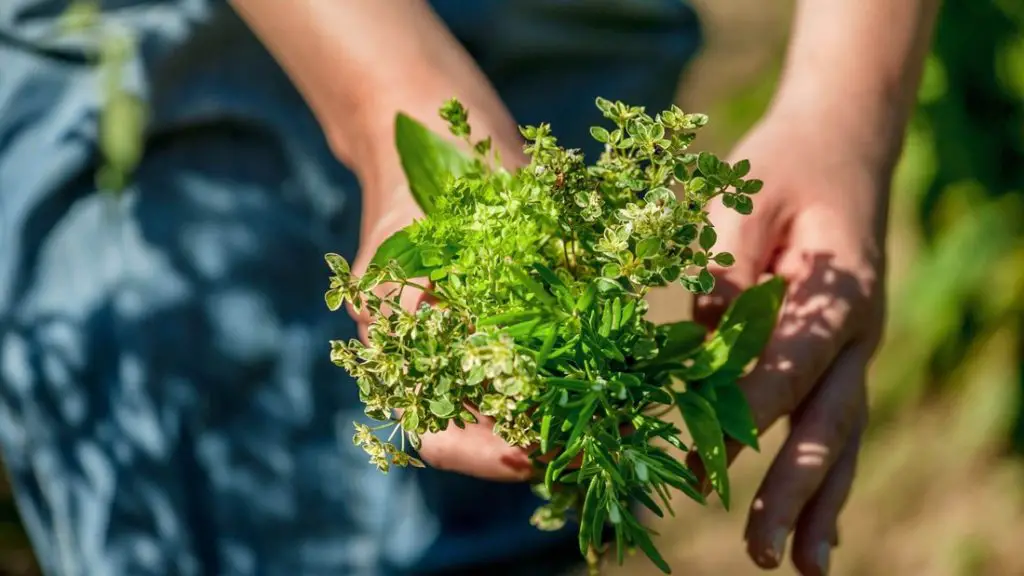You are all well aware of the fact that finding the perfect plants to grow in your climate is not the easiest job in the world. The thing is that maybe some of your favorites require extensive care, others are prone to pests, for example, and in fact, most of them are simply not easy or quick enough to grow.
We decided to put together this detailed guide on spring planting in New Hampshire – the easiest plants to grow precisely out of the desire to make the upcoming season easier for everyone. Therefore, stay with us and find out all the details that might interest you.
Spring Planting in New Hampshire – The Easiest Plants to Grow
A few things you need to pay attention to
New Hampshire is undeniably home to a long history. You don’t need to be a history major to know that it was the first colony to establish a government independent of Great Britain. This country is located in the extreme northeastern part of the country and is widely known for offering diverse landscapes and activities within close proximity.
Knowing which hardiness zone New Hampshire is in is important if you want to have a thriving season. You are probably aware that there is a fine line between a garden that thrives and produces a bountiful harvest and a garden that doesn’t produce anything (and if you aren’t, it’s time to wake up).
In short, when choosing the ideal plants for your garden, remember that New Hampshire is mostly considered hardiness zone 5, while some lower-level regions belong to hardiness zone 6. Now that we have (hopefully) successfully adopted that, we can go into the details related to spring planting in New Hampshire – the easiest plants to grow.
Top NH Spring Planting Choices You Can’t Go Wrong With
Frankly speaking, early spring is the most ideal time of year to plant seedlings in New Hampshire. The thing is, this time of year actually allows the seedlings a full growing season to re-establish before the cold winter season sets in.

Herbs
Growing herbs can be quite a rewarding experience for any gardener and cook. What we especially appreciate is the fact that herbs are known to forgive almost all mistakes (beginners really like this feature). Is it even necessary to emphasize that this superfood is full of many micronutrients?
Feel free to choose varieties such as basil, oregano, sage, mint, thyme, or rosemary, these are foolproof choices. Most of them like full sun (at least 6 hours a day) as well as excellent drainage, but there are some that will thank you even if grown in partial shade.
Finally, don’t forget that they make excellent companion plants in a perennial garden, just make sure to place them among plants that require full sun and good drainage.
Eggplant
If you’re looking for a plant that does great in New Hampshire’s summer heat, look no further than eggplant. To be honest, this plant is a must if you are a fan of outdoor grilling.
Did you know that there are 20 types of eggplant that are a perfect match for the conditions in this North American state? This is great because it allows all gardeners to choose the best possible variety for their specific needs and climate.
Squash
Planting squash isn’t as straightforward as many people think. Namely, if you choose the wrong date and plant it too early, it will surely die, and on the other hand, if you do it too late, your pumpkin won’t bear fruit before the first frost.
However, this knowledge shouldn’t dissuade you from planting this super-delicious plant, simply be guided by the fact that if there is no frost for two weeks, you can safely plant squash in this state.
Growing squash in pots is the best option, especially if you are limited by the size of the garden. Additionally, you can plant this plant indoors and then gradually bring it outside to acclimate to outdoor conditions until they have been outside for 8 hours, at which point the plant is safe to stay overnight.
Finally, keep in mind that this plant is so diverse that it has varieties adapted to all possible conditions, from cold and warm weather to varieties adapted to both types of weather.
Cucumbers
Growing cucumbers is such an interesting activity. This tasty, easy-care vegetable grows fairly quickly as long as it is consistently watered and has the right amount of heat. The most important thing is not to let them grow too big, as this directly affects their taste, which becomes bitterer the longer they stay unpicked.
It is best to start them from seed indoors about 3 weeks before you plan to transplant them outside into the ground, more specifically at least 2 weeks after the last frost date.
Peppers
When it comes to spring planting in New Hampshire – the easiest plants to grow, you definitely don’t want to skip the peppers. In order to have the most successful harvest ever, all you need to do is pay close attention to your local weather in the spring, especially the last frost date aspect, as this is the deciding factor.
What gardeners around the world love about this plant is its variety, namely that this plant can range from sweet and crunchy to spicy enough to bring tears to your eyes. However, no matter how different they are, what each type of pepper has in common is a preference for a long, warm growing season.
To Round Up
Peppers, cucumbers, basil, oregano, sage, mint, thyme, rosemary, squash, and eggplants are just some of the options that guarantee you will enjoy the most delicious meals ever. Choose some of our favorites to plant next spring season and reap a bumper harvest of these sun-loving vegetables.
That’s it, now you know everything about spring planting in New Hampshire – the easiest plants to grow.
Other Articles That May Be of Interest:
Fall Gardening in New Hampshire


![Best Window Replacement Company In New Hampshire [My Experience]](https://hereinnewhampshire.com/wp-content/uploads/2022/09/Best-window-replacement-company-in-New-Hampshire-300x225.jpg)
